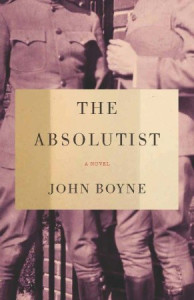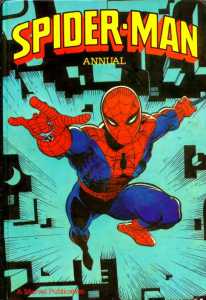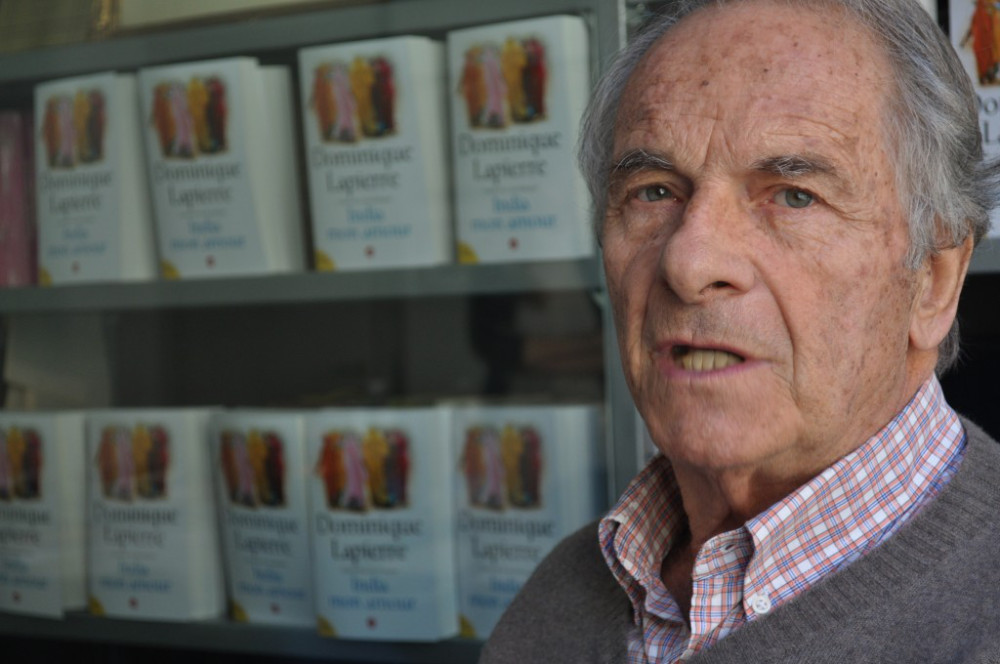 The Absolutist by John Boyne
The Absolutist by John Boyne
Published July 10, 2012

John Boyne’s The Absolutist may not have absolutely wrecked me, as his The Heart’s Invisible Furies did earlier this year, but it’s no less moving a tale. Told in the first person, the story is set in 1919 as twenty-one-year-old Tristan Sadler embarks on a long-delayed errand to deliver letters written by Will Bancroft, a man he served alongside during the Great War, to his sister Marian in Norwich. Flashbacks explore the relationship between these two men, as Tristan’s ulterior motive for delivering the letters in person is slowly revealed.
Boyne’s efficient yet compelling prose is deceptively simple; He examines complex feelings and themes, including guilt, shame, courage, and cowardice in clear and carefully chosen words that left me reflecting on them long after I finished the book. Each word, in fact, seems perfectly chosen for what Boyne is trying to convey, and the true-to-life dialogue is a highlight. At just over 300 pages, The Absolutist is a quick read, but the pacing never lags or feels too fast.
Perhaps Boyne’s greatest skill is his ability to create monumentally flawed characters who we care about. Tristan is one such character. Cyril in The Heart’s Invisible Furies another. Both are fundamentally human. They experience jealousy, betrayal, and make impulsive choices that will impact their lives, and the lives of those around them, forever, yet are written with such sympathy and compassion that you can’t help but root for them. Supporting characters, particularly Marian Bancroft, are no less engaging.
World War I and II settings are usually more of a detractor than a draw for me, so I worried that the novel might rely too heavily on descriptions of battle or on the gory aftermath. The Absolutist avoids those traps, focusing more on the initial training Tristan undergoes before shipping out, and then on both the day-to-day lives of soldiers in the trenches and the sense of loss as Tristan’s regiment loses more and more men over the course of the war. The result is a subtle, but effective, examination of the cost of war, both physically and emotionally, on soldiers and on their families and loved ones left behind.
It’s a poignant, even haunting, read that will definitely stay with me, yet The Absolutist didn’t wreck me in the same way that The Heart’s Invisible Furies did. This may be because I went into John Boyne’s first novel completely blind, while my expectations this time were sky high, having read, and cried over, his work previously. I also found The Absolutist to be somewhat more predictable, and guessed some aspects of the plot well before the novel’s climax, which diminished my emotional response. Still, The Absolutist ultimately wounds, with one scene in particular landing like a well-placed punch to the gut.
Once more John Boyne delivers a story sure to move even the most stone-hearted of readers. It’s a little rougher than The Heart’s Invisible Furies perhaps, but contains the same compelling prose and sympathetic, flawed characters, cementing Boyne as a must-read author for me. I look forward to delving further into his catalog of works in 2018.
Advertisements Share this:




